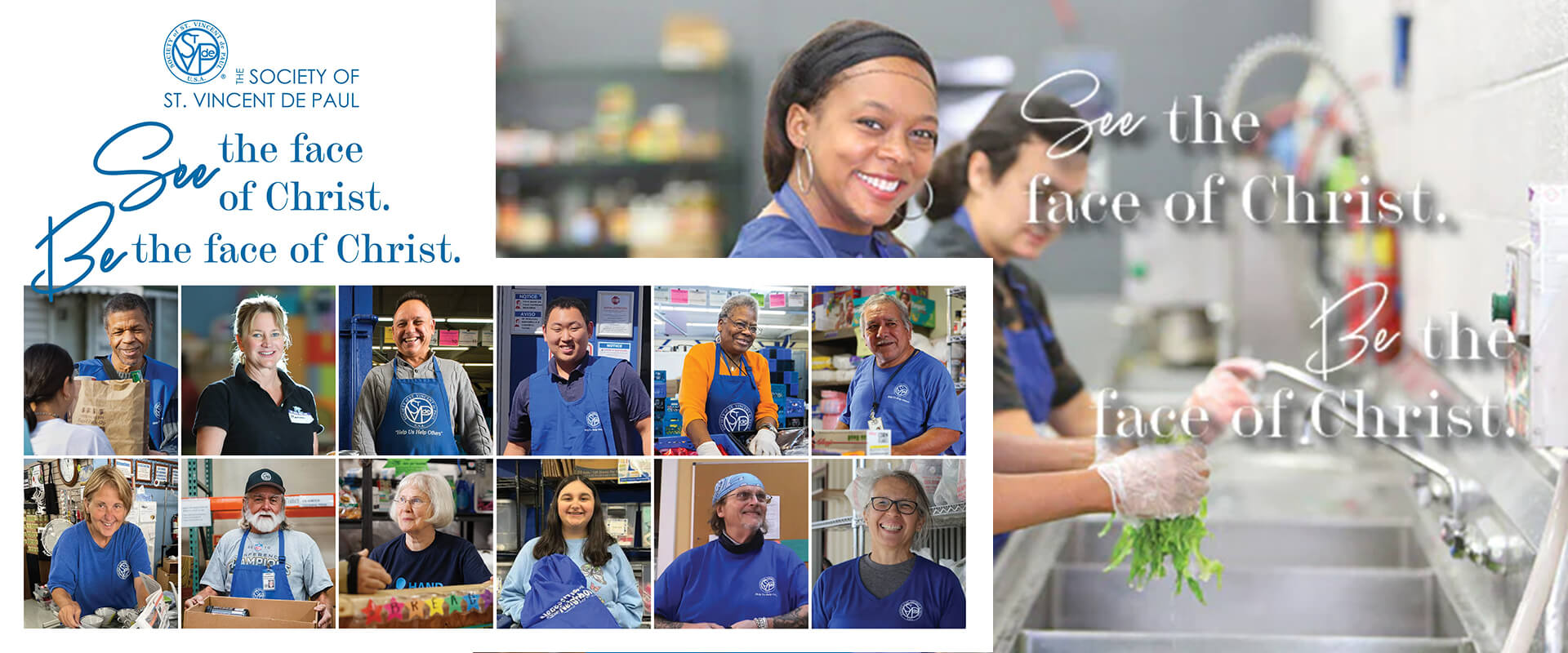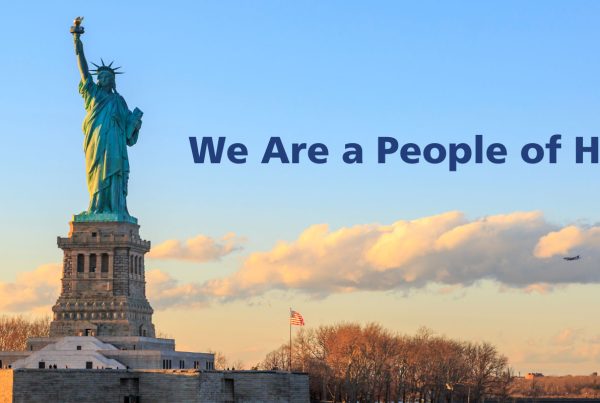By Paul Ainslie, President, SVdP Indy
You may have heard about the “nones”—those who no longer belong to an organized religion though they may still profess to be spiritual. According to Pew Research, the nones outnumber members of all other religions in the U.S. with 28% of Americans identifying as nones. This trend of people drifting away from organized religions has been happening for several years. Younger people are more and more expressing a lack of connections with organized religion. And, recently, the rate of females leaving faiths has surpassed that of males. All of this is a startling and concerning set of facts for faith-based organizations such as St. Vincent de Paul.
There are many reasons for these shifts away from organized religion, but disbelief and skepticism are the main issues cited by nones. Nones are also less likely to volunteer, vote, or be civically engaged. It is plausible to speculate that the loss of members of organized religions is part of an increase in mistrust of traditional institutions.
Our Vincentian Rule 1.6 states: “Faithful to the spirit of its founders, the Society constantly strives for renewal, adapting to changing world conditions. It seeks to be ever aware of the changes that occur in human society and the new types of poverty that may be identified or anticipated. It gives priority to the poorest of the poor and to those who are most rejected by society.”
During the past year, the National SVdP office has launched a synodal process called “Vision SVdP.” The goal is to do exactly as the Rule states: adapt to changing world conditions. The Catholic Church is nearing the completion of its three-year synod, asking questions from the local parishioners up through the hierarchy to the bishops and the Pope on how the Church can better serve the people. SVdP must also take a close look at what we do, how we do it, and how our spiritual growth based in friendship and works must adapt to the new 21st century world.
Over the next six months, each Conference and District is asked to prayerfully meditate on what needs to change—and what needs to remain—in our Vincentian way. Every voice in this discussion matters and will be heard. Your voice is needed in this work. Expect to hear more from your local Conference in the coming weeks.





